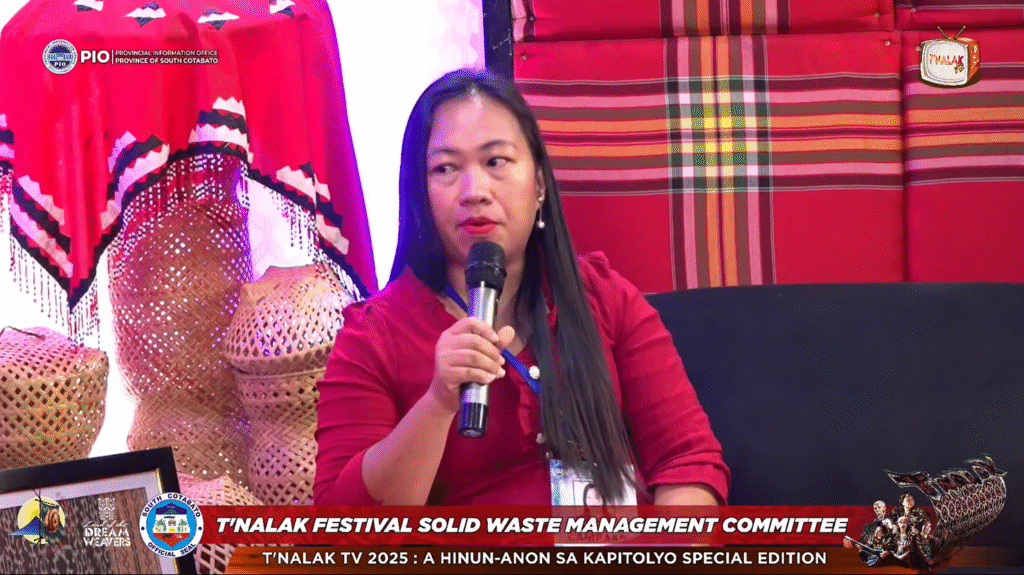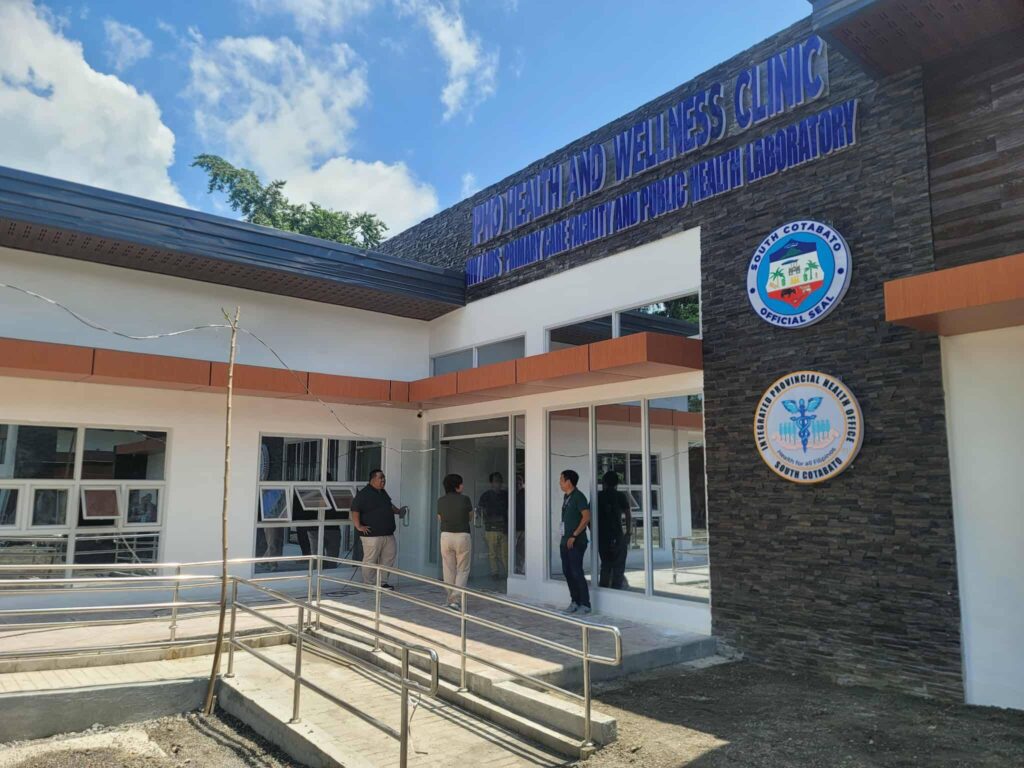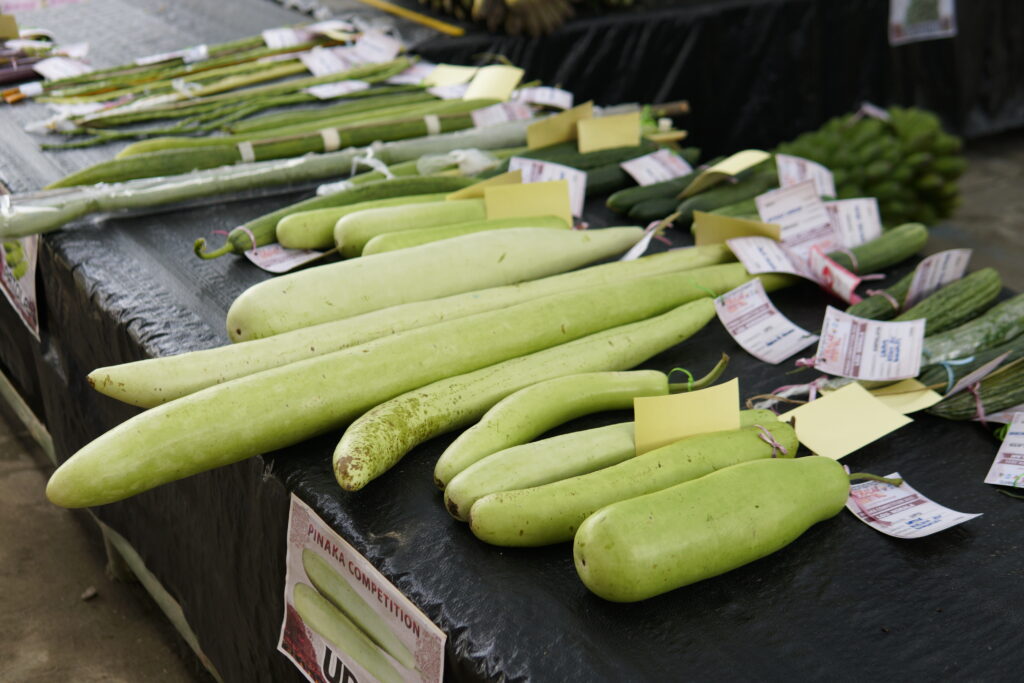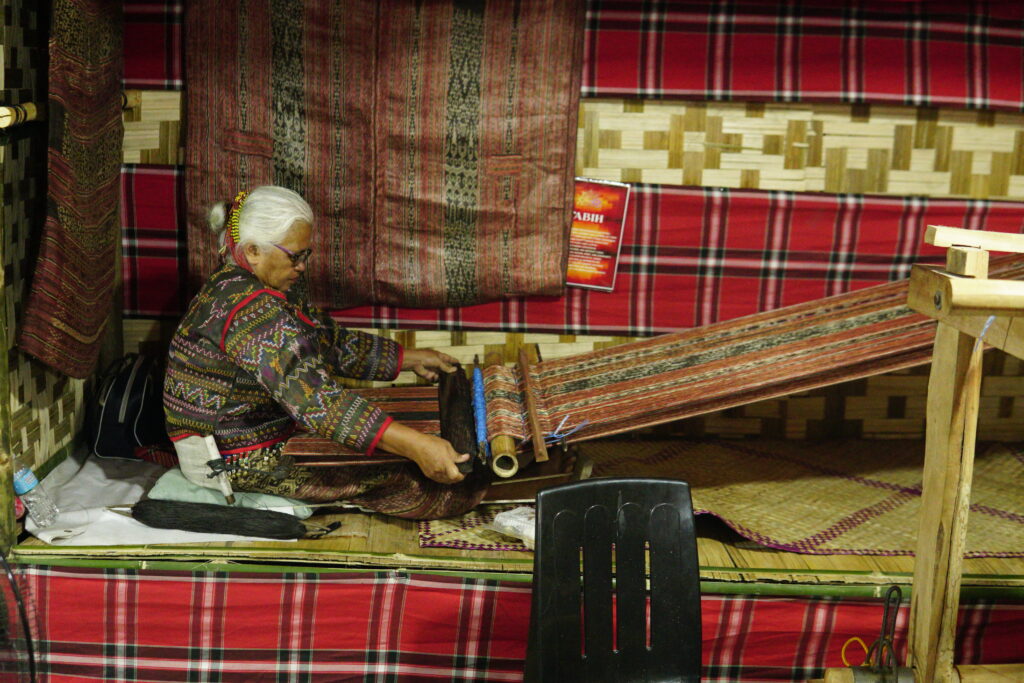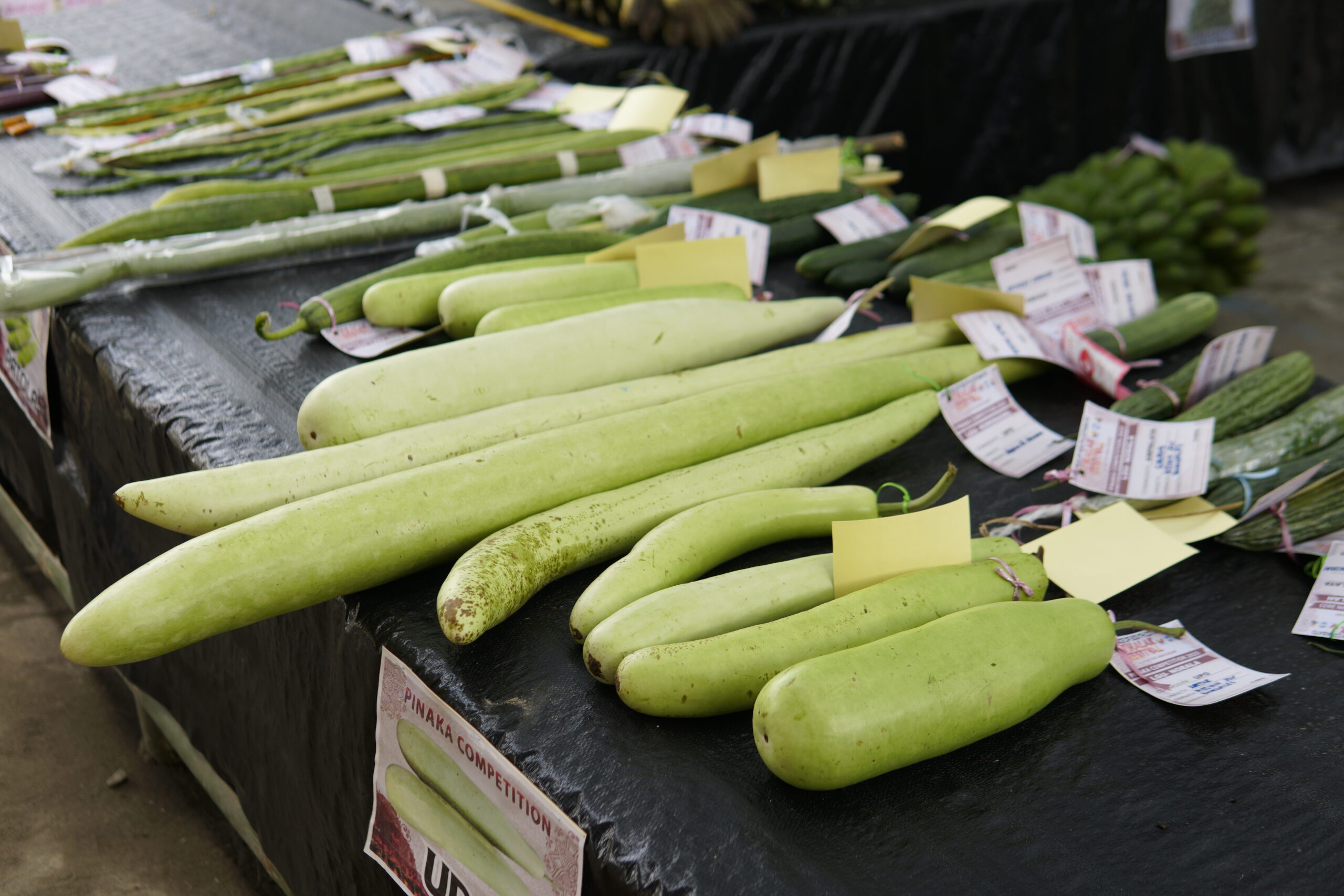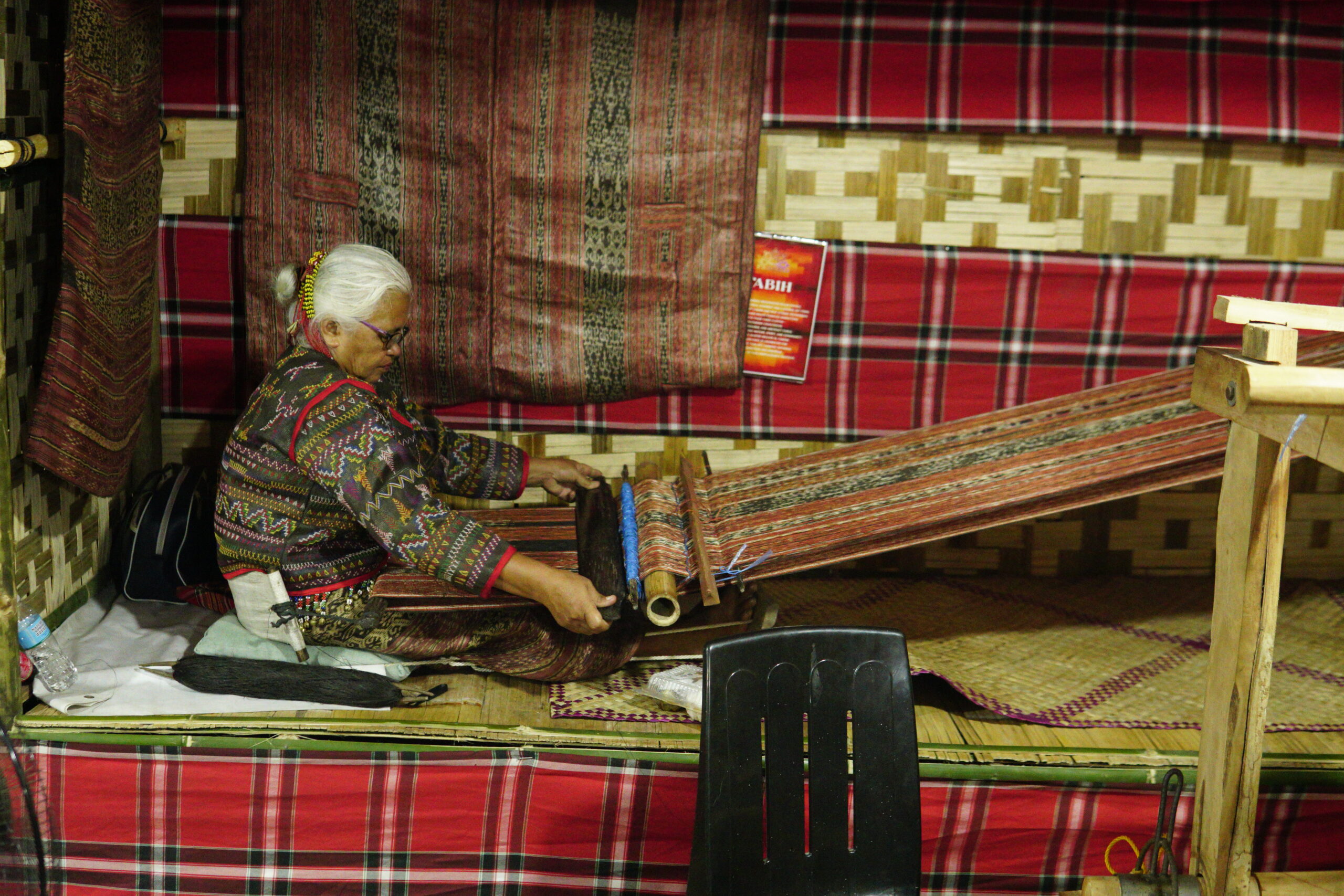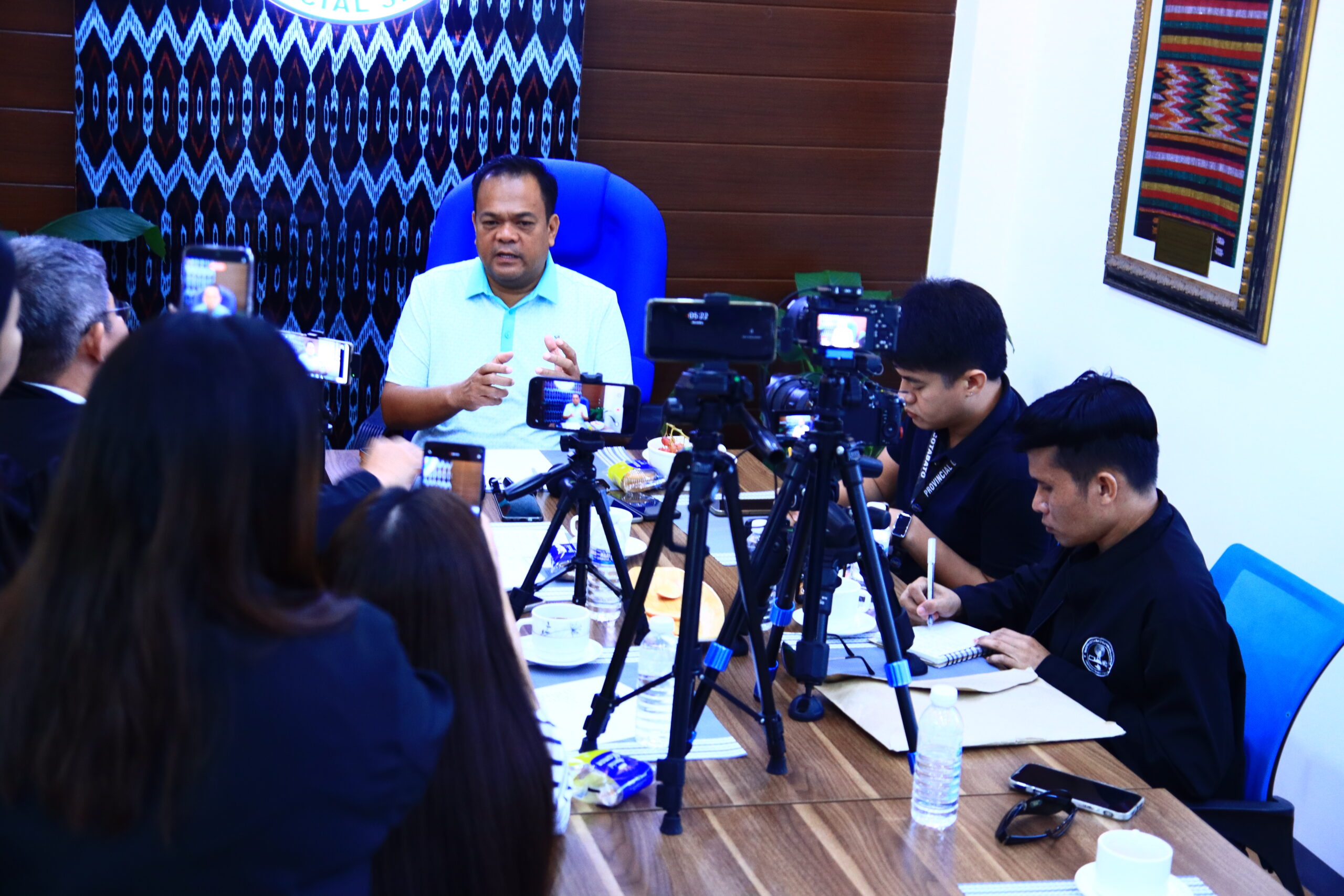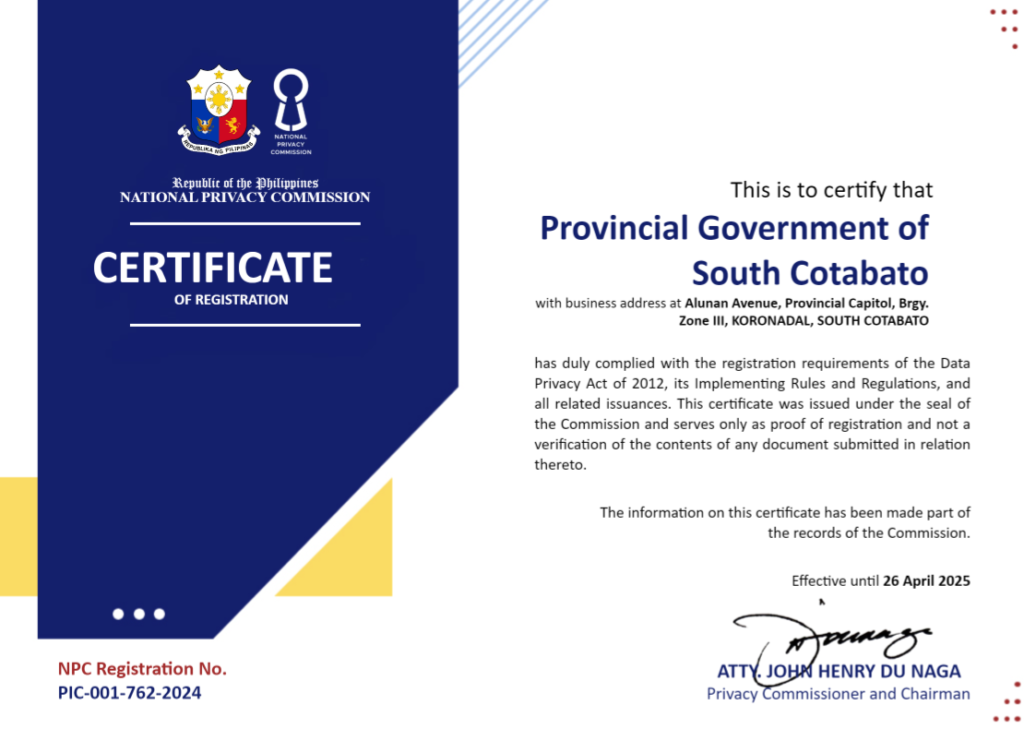Kematu, T’boli, South Cotabato – The Office of the Provincial Environment and Natural Resources (OPENRO) continues to push forward with its flagship initiative, the Biodiversity Corridor Project, aimed at restoring fragmented forest areas within the Allah Valley Protected Landscape (AVPL) and enhancing conservation efforts for the region’s rich wildlife population.
A recent activity documented in Sitio Butlehek, Barangay Kematu, showcases the ongoing periodic maintenance works being undertaken by local project beneficiaries. These efforts are part of a broader strategy to ensure the healthy growth of various indigenous tree species that have been planted across the identified corridor zone.
According to OPENRO, the Biodiversity Corridor Project is designed to serve as a vital ecological bridge, reconnecting isolated forest patches within and around AVPL. This reconnection is crucial not only for the survival and movement of wildlife but also for the preservation of native plant species, many of which are endemic to South Cotabato’s upland ecosystems.
Periodic maintenance activities include clearing undergrowth, replacing dead seedlings, and monitoring plant health—tasks assigned to and diligently carried out by members of the local community who have been tapped as beneficiaries and stewards of the reforestation site. These on-the-ground efforts reflect the community’s active role in the province’s climate and biodiversity agenda.
The initiative underscores the provincial government’s commitment to sustainable environmental management and community participation, especially in vulnerable areas such as T’boli, where forest degradation has had significant effects on biodiversity and watershed health.
As the project progresses, OPENRO affirms that more areas within the biodiversity corridor will be rehabilitated, with continuous monitoring and support to ensure long-term impact on wildlife conservation and ecological resilience.




